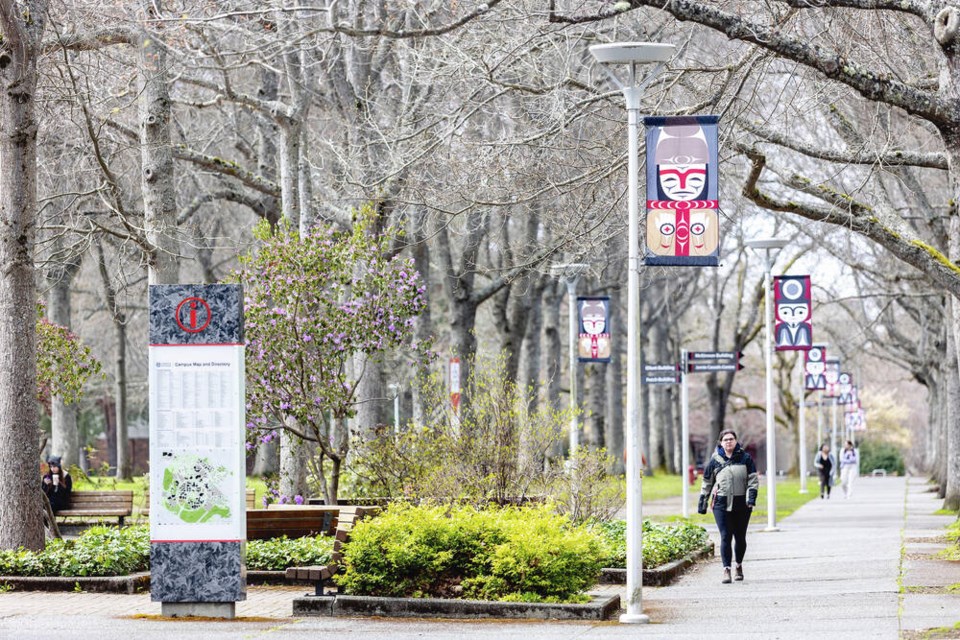The University of Victoria is facing criticism on social media after posting a job vacancy in the school of music with an unusual requirement: The candidate must be Black.
The job posting for a full-time assistant professor specifies that “selection will be limited to members of the following designated group: Black people.”
On social-media site X, unrelated posts by UVic have received a deluge of responses by users calling the hiring criteria discriminatory and questioning whether it’s legal. Many of those commenting appear to live in the U.S.
The job posting cites the university’s equity plan and the B.C. Human Rights Code. The latter allows organizations to treat people from disadvantaged groups differently in order to promote more equitable workplaces, said Kasari Govender, B.C.’s human rights commissioner
“It is very important for our human rights system to allow for this kind of progress to be made,” Govender said in a statement.
B.C.’s human rights law is designed to identify and eliminate persistent patterns of inequality, she said, and that can’t be done unless employers are allowed to proactively address systemic discrimination in their workplaces and institutions.
Organizations apply for a special program designation, which is official recognition that the organization is trying to improve conditions for a particular group protected under the human rights code.
UVic has a special program for preferential hiring of self-identified Indigenous people, women, Black people, members of a visible minority and people with disabilities, Govender said. The program applies to all employee positions, including faculty, librarians, leadership and staff.
Cassbreea Dewis, executive director of equity and human rights at UVic, said the university has had a special program designation for at least 10 years.
“In order to achieve equity, it’s sometimes necessary to treat people differently and this might mean we’re advantaging a marginalized group over a more dominant or over-represented group in a particular focused area,” she said.
Dewis said she couldn’t comment specifically on the decision to seek Black candidates for the school of music posting, as she wasn’t involved in the decision. Previous job postings have also sought candidates from specific groups, she said.
Through surveys and focus groups with students, staff and faculty, the university recently asked what it needs to do to be more equitable and what barriers exist for marginalized groups. The message received was that diversity needs to be a priority, Dewis said.
“The feedback was saying that we weren’t doing enough. Our representation wasn’t increasing,” she said.
The university collects data on employees to determine how its representation of women, people of colour, people with disabilities and Indigenous people compares to the general population.
People of colour and people with disabilities are underrepresented in the university population, Dewis said. Of 817 continuing faculty and librarians, 14.8 per cent are part of a visible minority, compared to 20.8 per cent of the general population, according to UVic's data. Just 3.9 per cent are people with disabilities, compared to 8.9 per cent in the overall population.
The university’s proportion of women is higher than the general population, although that’s not true in all departments, Dewis said. In engineering, for example, women are under-represented, she said. The proportion of Indigenous faculty and librarians is a little higher than the general population.
Dewis emphasized that the professional criteria and experience required for a targeted job posting is as high as it is for any other job posting.
“There’s not a lowering of standards … It’s really about creating space, but still having those high expectations in terms of the positions themselves,” she said.


